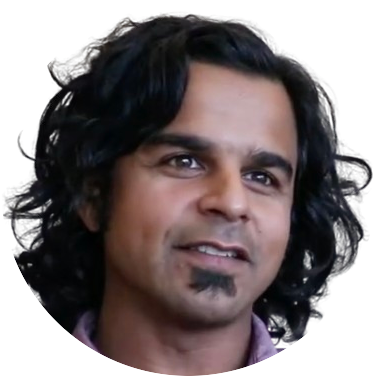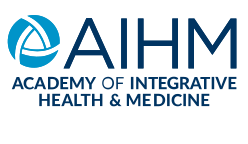
Fasih Hameed studied philosophy at Brown University and completed his MD at Tulane University School of Medicine. During his family medicine residency in Santa Rosa he began work on an Integrative Medicine task force which resulted in the establishment of a new fellowship. The Integrative Medicine for the Underserved (IM4U) fellowship was the second IM fellowship in the nation to focus on bringing holistic care to underserved populations and is currently in its 16th year. After helping to create the fellowship and serving as the first fellow, Fasih continued this work at the Petaluma Health Center.
Since 2009 he has been working and advocating at this Petaluma FQHC to bring practical, effective, holistic care to all. He is now the director of Integrative Medicine and Wellness and has overseen the development of 15-20 shared medical visits (group programs), extensive acupuncture and chiropractic care, Integrative Medicine consultations, OMT, an on-site community garden, a farmacy (veggie stand), free fitness classes, nutrition and food security programs, and a demonstration kitchen. His early work in Santa Rosa and collaboration with national and local leaders led to the organic growth of a non-profit movement, Integrative Medicine for the Underserved (IM4Us), whose mission is to bring the best of Integrative healthcare to all people.
Fasih was a founder and founding board member of IM4Us and now sits on the advisory board. In addition to a busy practice of full-scope family medicine, he regularly teaches procedures at the Petaluma residency program, outpatient medicine at the UCSF-SR Family Medicine Residency, and is an active speaker, consultant, policy advocate, and textbook contributor. Fasih has extensive experience with non-opioid approaches to chronic pain and as such has advocated for safer, patient-centered, holistic pain management at congressional briefings in both the California State and National Capitols.
His advocacy led him to join the board of the Integrative Health Policy Consortium, where he encourages policies that increase access to underserved care. He believes strongly that as our national medical landscape evolves, there will eventually be no division between “allopathic” and “alternative” modalities but only “Good Medicine”, for all.
